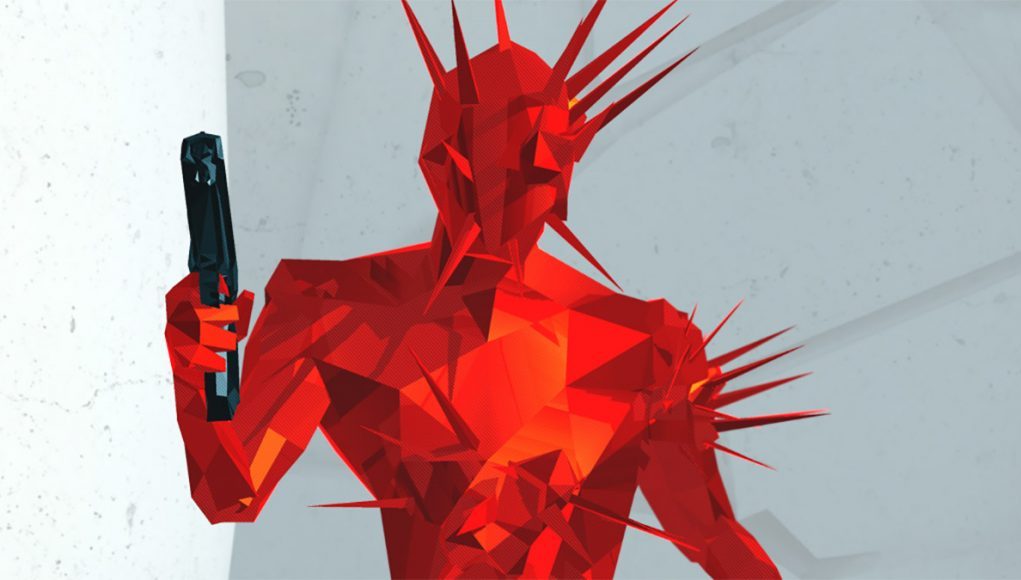With the unique ability to control time with your movements, SUPERHOT VR (2016) can make you feel like you’re in The Matrix. It’s on all major VR platforms, which cemented the studio a whopping $2 million revenue over the 2019 holiday season alone. Since then, the indie studio behind the game has been relatively quiet about the potential for future VR projects. Although there’s been some talk of VR being a possibility for its SUPERHOT: MIND CONTROL DELETE standalone, it seems it just isn’t in the cards—at least for now.
Update (July 10th, 2020): The news was served up yesterday that MIND CONTROL DELETE would come to PC and console on July 16th, free to all owners of the base game before that date. And no, it doesn’t seem a VR version is being planned for what the studio calls a “standalone game set in the world of Superhot.”
The studio responded directly to fans asking for an update on their VR plans, casting doubt on whether we’ll ever get a VR adaptation of the franchise’s next big installment.
No plans for VR at this time. Y'all will know if and when that changes!
— SUPERHOT (@SUPERHOTTHEGAME) July 9, 2020
Original article (September 11th, 2018): Despite the overwhelmingly positive reception of Superhot VR on all platforms, the studio has so far said that the upcoming standalone expansion, Superhot: Mind Control Delete will not include a VR component. The studio describes the expansion, which is currently available in Early Access, as a “rogue-like twist on the linear nature of the original SUPERHOT.”
A VR version of Mind Control Delete might not be completely off the table however. Speaking to the official Vive Blog—for the occasion of Superhot VR becoming available on Viveport—PR Manager Szymon Krukowski of the SUPERHOT Team indicates that consumer interest will play a factor in whether the expansion sees VR support.
“Honestly for now we are focusing on MIND CONTROL DELETE but at the same time we never really left VR. If there is enough interest in [MIND CONTROL DELETE] we might try recreating something similar for VR,” Krukowski said.
When asked what’s next for the studio, Krukowski confirmed there are some prototypes in the works beyond Mind Control Delete.
“Most of the team is deep in developing SUPERHOT: MIND CONTROL DELETE,” said Krukowski. “At the same time though we are working on a few prototypes. Some of those are really hard to call games even. Piotr [the studio’s game director] is always doing something on the side. He doesn’t stop. It is almost compulsive. We love to experiment, create stuff that is engaging for us. Honestly though let’s finish [Mind Control Delete] and than see what happens.”
It’s interesting that Krukowski says the studio “never really left VR.” This may refer to the other projects the studio is working on; earlier this year a job posting indicated the company was seeking a Producer for “a shiny new VR project,” and the studio further said that their next VR title would not be a sequel to Superhot VR, but “a proper evolution.”
It’s our understanding that the original development of Superhot VR was funded by Oculus Studios; given the apparent success of that project, it’s possible the pair are working together again on something separate from Mind Control Delete, though nothing has been announced. Maybe we’ll hear something at Oculus’ Connect developer conference later this month?







